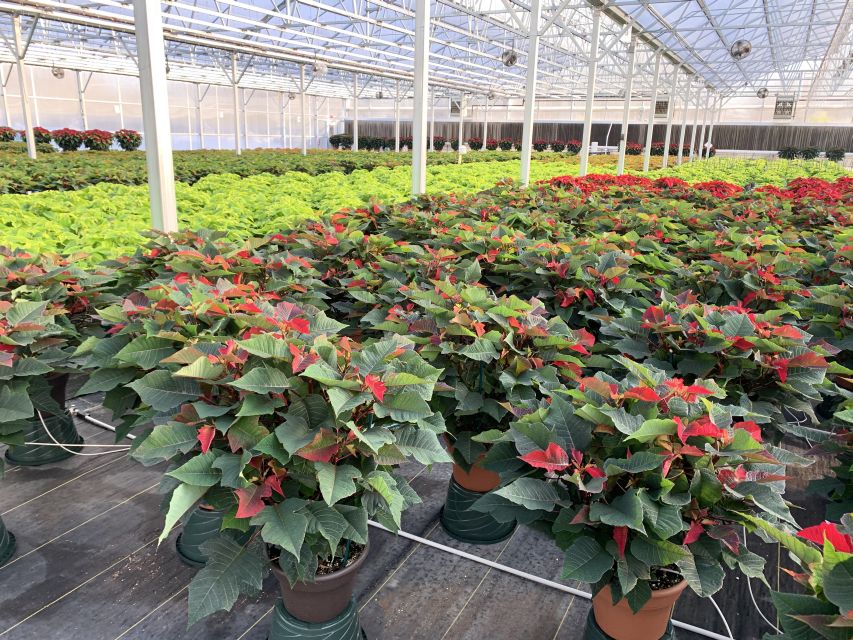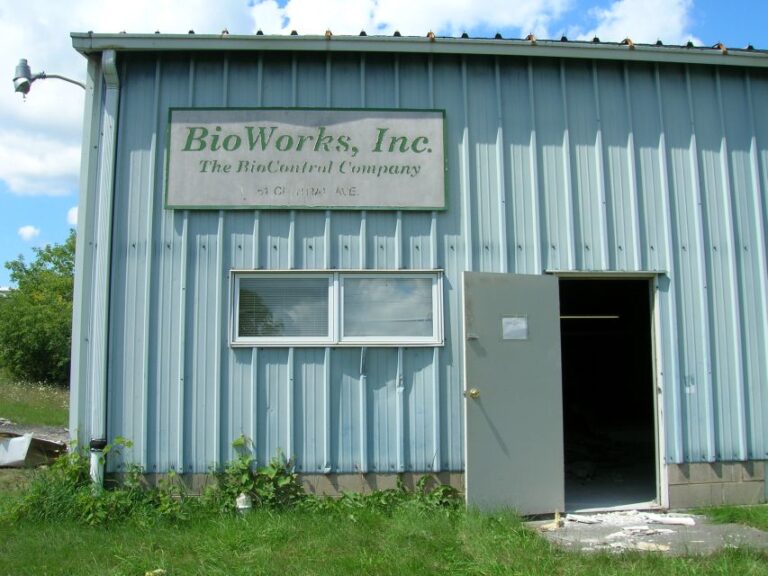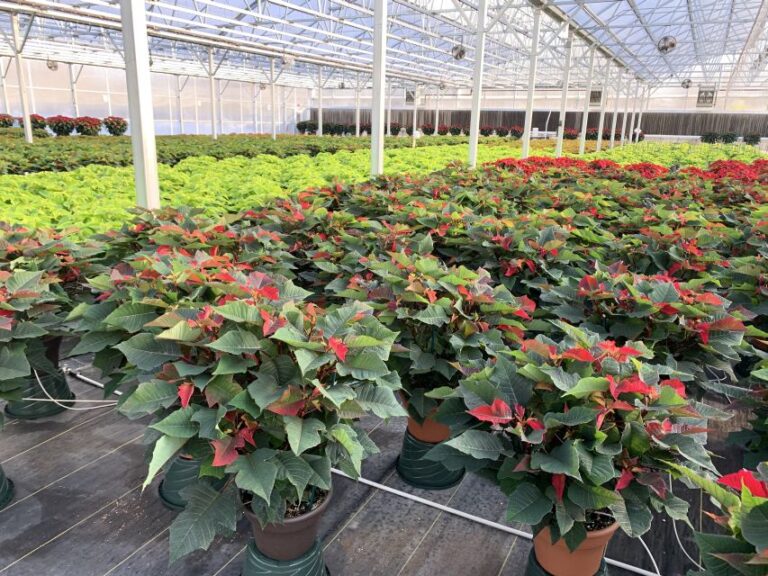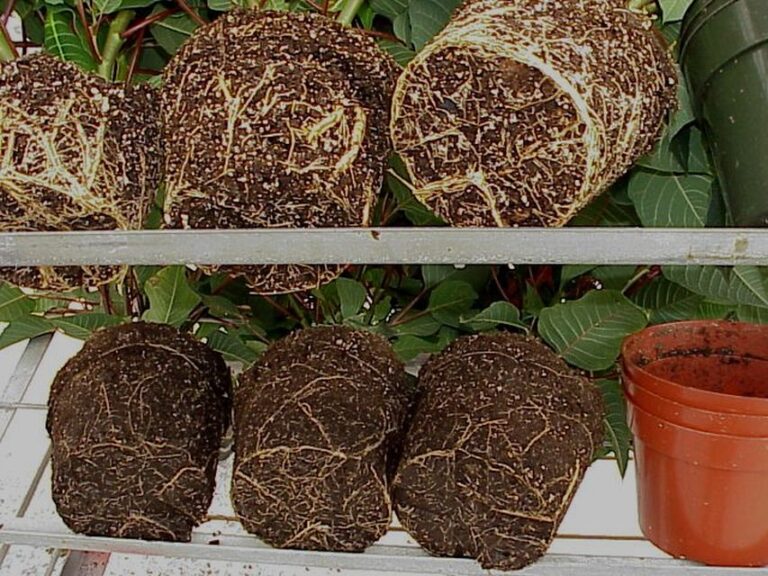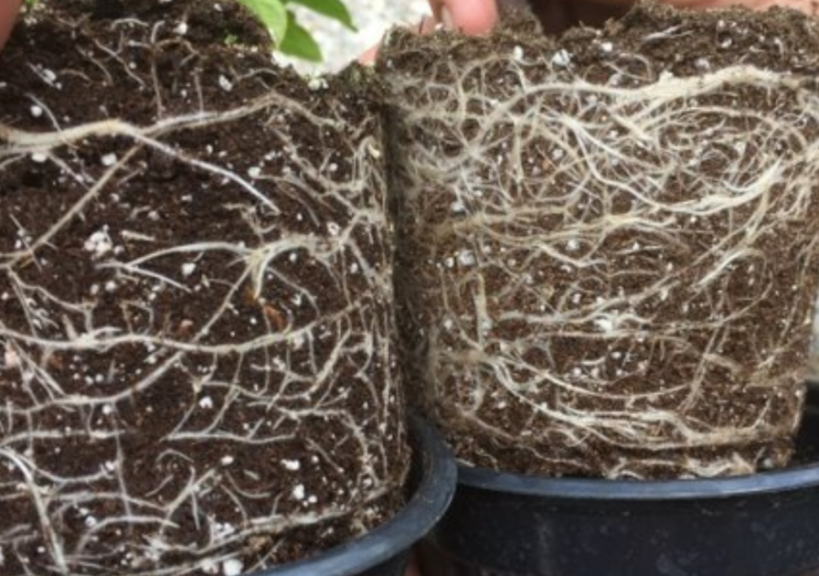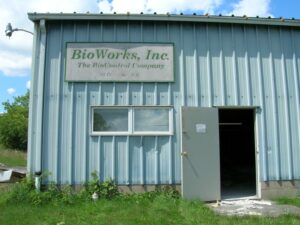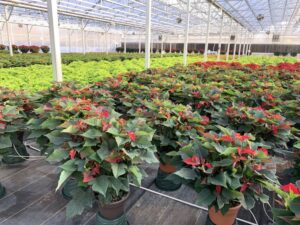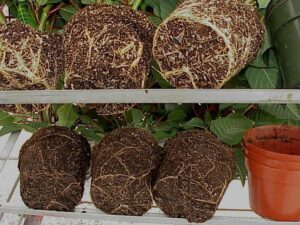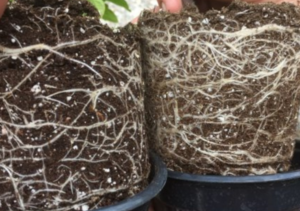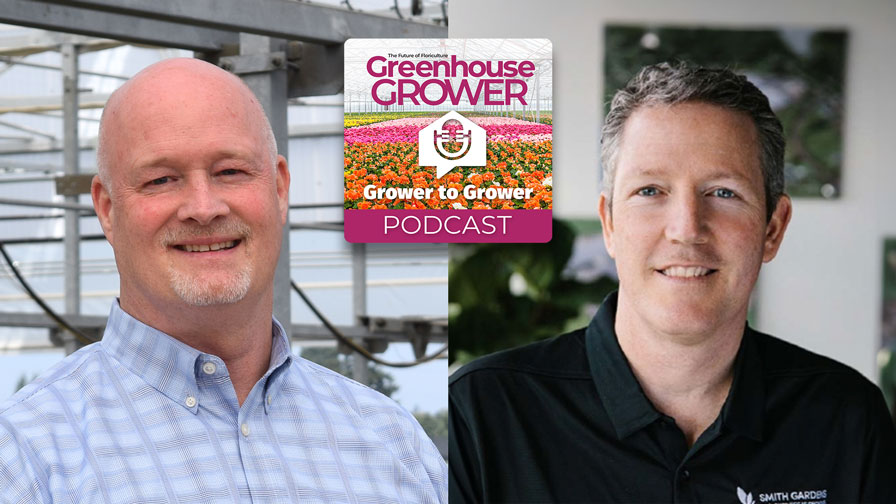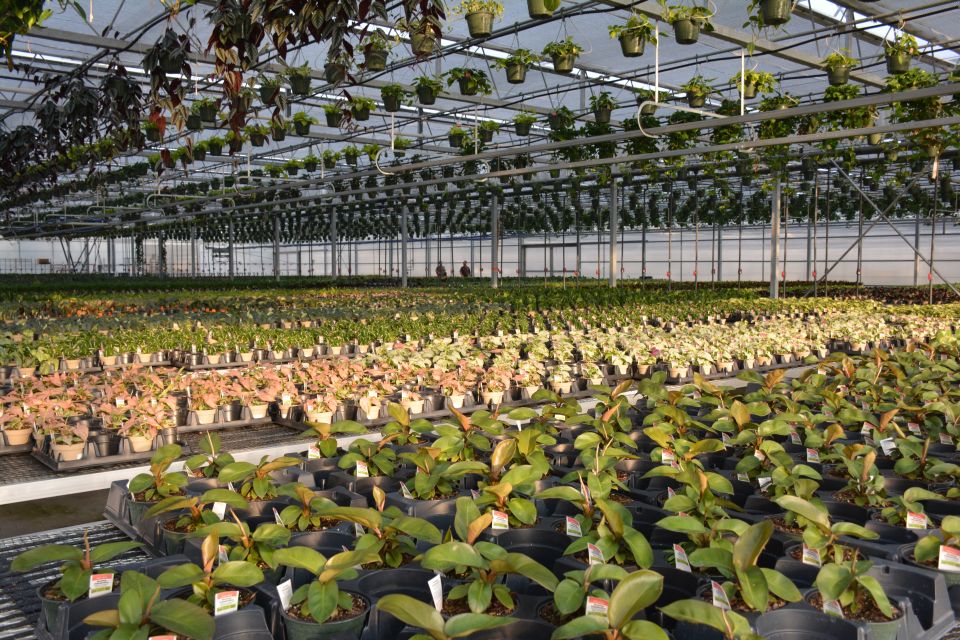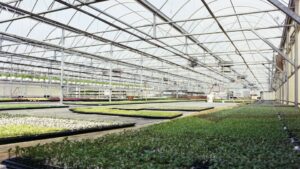A Look at the Past, Present, and Future of Biopesticides From an Industry Leader
Thanks to an ever-increasing demand for environmentally friendly products and production methods, biopesticides have become an integral part of every grower’s tool box. Not only does today’s consumer want to know that the products they are buying are not harmful to their health, they also want to know that the products were produced using environmentally sustainable production methods.
Increasingly strict regulations on the use of synthetic and chemical crop protection products make the switch to biopesticides a logical decision. The North American biopesticides market encompassed $2.10 billion in 2021, and globally the market is expected to roughly triple from 2022 to 2029 (Source: Fortune Business Insights).
Looking back just a few decades, the market looked much different, and biopesticides had to fight an uphill battle to become an accepted mainstay. Truth is, the hurdles are far from over. One company who has shaped the biopesticide market over the last three decades is BioWorks, which is celebrating its 30th company anniversary this year. We sat down with Bill Foster, CEO of BioWorks with 25 years experience in the company, to get his take on the past, present, and future of the biopesticide market.
While biopesticides have been around for more than 100 years, their commercial acceptance in the U.S. was very limited for a long time. Back in the late 1990s and early 2000s, biopesticides were unique and generally viewed as unproven products with inconsistent performance.
“The general term, which pains me to say, is that they were considered ‘snake oils’,” Foster says.
It’s human nature to be reluctant to change, and consequently, many growers are naturally reluctant to change what they have become comfortable and confident in doing for years. As Foster puts it, “we like to say that all growers are from Missouri, ‘The Show Me State;’ growers want to see the product work, and work consistently, before they risk making a change that could impact the quality of their crop. This makes sense because pest control only makes up 1% to 2% of the grower’s cost, so if I’m a grower, why would I change?”
However, Foster has clearly noticed a change in grower acceptance over the decades, and he points out that the younger generation of growers is more open to and confident in using biopesticides. He recalls that 20+ years ago, it wasn’t uncommon to hear “my dad tried a product (re: biopesticide) way back when; they didn’t work then and they don’t work today.” This reluctance is generally going away as a new generation of growers come into the industry. This new generation is not only more open to change, but also puts a high value on using products that are safe for their employees, their customers, and the environment.
Essential to boosting a grower’s confidence in a product is having reliable research data from third party trials, but being able to fund these trials is especially challenging for start-up companies in niche markets like biopesticides were 30 years ago. BioWorks puts great importance into research and funds multiple trials in many markets every year.
Asked how the market for biopesticides has changed over the last 30 years, Foster states that we’re currently in the second wave of start-up biopesticide companies looking to gain market access. The first wave in the 90’s was when BioWorks got started.
“There are very few companies still around from the first wave,” Foster says. “The BioWorks team is proud to be one of those companies still making a positive impact with our growers.”
Foster credits a lot of BioWorks’ success to the talent and dedication of his team, and also to the many industry connections and friendships he has forged over the years. As example, he points to Kube-Pak, located in Allentown, NJ, which was also one of the first users of RootShield. Bill Swanekamp and his team continue to be regular users of not only RootShield, but many of their biopesticides.
“Bill and Kube-Pak have been a wonderful, trusted partner, and while Bill may not know it, very important in helping us develop our business strategies,” Foster says.
While the biopesticides market has undoubtedly come a long way in the last 30 years, it still has its share of challenges to face today. There are many opportunities to create awareness and increase acceptance of biopesticides with the growers. Furthermore, there is a growing presence of products that are not EPA registered that are cheap, but still do provide a level of pest-control performance. The companies that sell these products are generally very small and don’t have the resources to register their products with the EPA. Foster understands the predicament, but points out that it’s challenging to watch years of work with a grower be displaced by a product that doesn’t follow the same regulations.
Where there are challenges, there are opportunities, and for biopesticides they are aplenty. For one, biopesticides still represent a very small percentage of the overall pest control market, so there is much market share to be gained. Foster also sees the industry shift from a product-centric focus to a solutions, program-based focus to help growers address their insect and pest problems, thinking longer-term and including worker safety and plant health. Lastly, he points out that consumer demand will help drive biopesticides’ market share because of a continued growing awareness by the consumer in the many benefits that plants bring, and the importance of how plants can be grown in a very environmentally sustainable fashion that’s safe for workers, the consumer, and the planet.
Amidst decades of past and future change, Foster points to two constants that haven’t – and won’t – change.
“First, let me say that our core purpose (why BioWorks exists), is to 1) grow our team, 2) serve others, and 3) save our earth. We feel it’s important to support the professional and personal growth and development of a BioWorks team member give back to the communities in which we live and the industry in which we sell our products, and do our part to leave the planet a little greener every day. Second, this industry is full of wonderful people – growers are just great people and it’s been my privilege to get to know many of them on a more personal basis.”
Check out the slideshow above for some key facts and anecdotes about BioWorks’ 30-year history.



